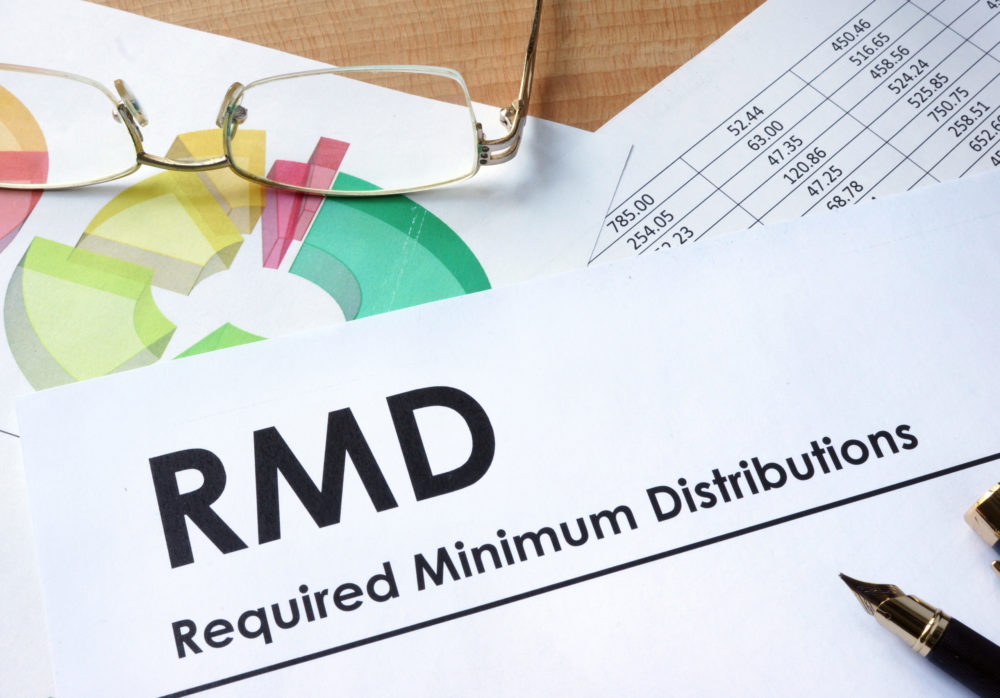On March 27, 2020, the Coronavirus, Aid, Relief and Economic Security (CARES) Act was signed into law and as a result, there are some key impacts to Individual Retirement Accounts (IRAs) in 2020. Below is a summary of the most notable Individual Retirement Account (IRA) changes.
Penalty Free Distributions from IRAs and Certain Retirement Plans
Coronavirus-related distributions:
- Up to $100,000
- Taken on/after 1/1/2020 and before 12/31/2020
- Exempt from the 10% additional tax for early or pre-59 ½ distribution under Internal Revenue Code 72(t)
- Not subject to the 20% withholding requirements for qualified retirement plans
This applies to an individual who:
- Is diagnosed or whose spouse or dependent is diagnosed with the virus SARS-CoV-2 or coronavirus disease (COVID-19) by a test approved by the Centers for Disease Control and Prevention
- Experiences adverse financial consequences due to one or more of the following factors:
- Being quarantined
- Furloughed
- Laid off
- Having work hours reduced Unable to work due to lack of child care due to SARS-CoV-2 or COVID-19
- Closing or reduced hours of a business owned or operated by the individual due to COVID-19 Other factors as determined by the Treasury Secretary
Additional Provisions:
- Option to spread the taxable income over a three-year period
- Repay any or all of the distribution to a retirement account over the next three years.
- Repayments not subject to retirement plan or IRA contribution limits.
Temporary Waiver of Required Minimum Distribution (RMDs)
The temporary waiver of Required Minimum Distribution (RMDs) Rules (Section 2203) are for defined contribution Plans, including 401(k), 403(b), 457, as well as IRAs:
- IRA owners and plan participants who turned 70½ prior to 2019 and during 2019:
- 2019 RMDs not taken in 2019 with a required beginning date of April 1, 2020 are waived
- 2020 RMDs due by 12/31/2020 are waived
- Beneficiaries of Inherited IRAs and retirement plans:
- The 5 year rule is extended by one year
- IRA owners that turn 70 ½ in 2020 are unaffected by this change. Their RMD will begin at age 72
- An RMD that has already been taken in 2020 AND meets the following conditions, may be rolled back into the IRA:
- Distribution was taken less than 60 days ago
- No IRA-to-IRA 60 day rollover contribution completed in the last 365 days
- There may be additional relief for any distribution taken that does not meet these requirements.
IRS Notice 2020-18
On March 20, the Treasury Department moved the tax filing deadline from April 15th to July 15th. This also moved the deadline for 2019 Traditional IRA, Roth IRA, and Education Savings Account (ESA) contributions to July 15, 2020.
Questions on how this impacts you?




